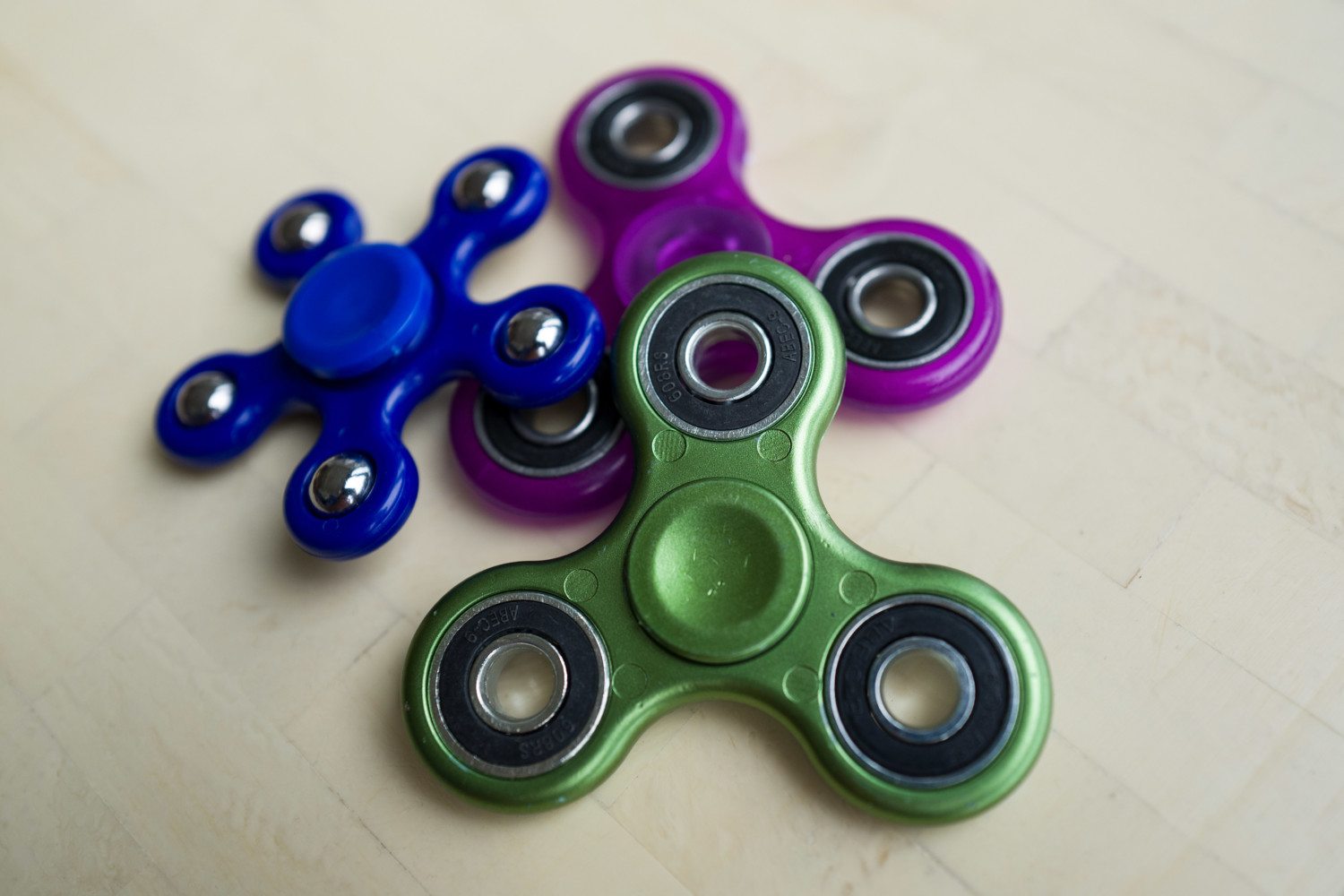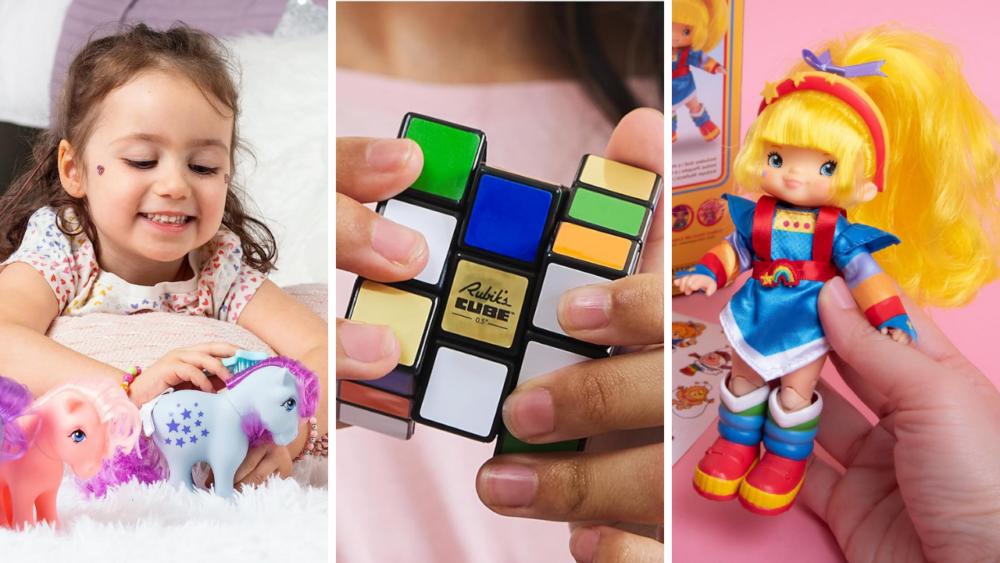Do fidget spinners contain dangerous toxins? Here’s what you need to know
These days, it seems like fidget spinners are everywhere. The now-ubiquitous little toy has become so popular that “professional fidget-spinning” is now a thing. Who knew?
However, recent reports that some fidget spinners contain dangerous levels of lead and mercury have many parents worried. Before you panic and throw away your kids’ fidget spinners, here are the facts.
The report about toxins comes from Tamara Rubin, a lead-poisoning prevention advocate and documentary filmmaker. Rubin tested 11 brands of fidget spinners, and found that two contained high levels of lead.
One of the fidget spinners that Rubin flagged as potentially dangerous is a $31 model made by Yomaxer that contained 42,800 ppm of lead. Rubin told Inhabitat.com that she is “very concerned” about the high levels of lead in some fidget spinners. But again, she is not claiming all of the toys are dangerous.
This isn’t the first warning that has come out since fidget spinners took classrooms by storm. There have been claims that the toys are a choking hazard, with reports of kids having to go to the hospital after swallowing pieces of a fidget spinner.
If your kids wants to play with fidget spinners, but you’re concerned about safety, there are some things you can do to make sure your children are playing with safer versions.
The Toy Association put out a release to warn parents of the potential dangers associated with this season’s hottest gadget, and urges people to buy them only from trusted retailers. Here’s their official guidance:
Shop at a reputable retailer that you know and trust. Those retailers will be selling products that have been tested and comply with strict U.S. safety standards. When a craze like the fidget spinners hits, you may be tempted to buy one for your child wherever you can find one (like at a pop-up vendor on the street or from an unknown online seller), but the safety of products sold outside a reputable retailer cannot be guaranteed.
Here are some other fidget spinner safety tips:
- Let your children know that it’s important to never put fidget spinners in or around their mouths.
- Inspect your child’s fidget spinner for loose parts. Already, hundreds of the little toys have been removed from shelves due to loose batteries, which could pose a choking hazard.
- Never let younger kids play with fidget spinners unattended. While they might keep little ones entertained while you finish the laundry or dishes, the safest bet is to supervise young children while they play with fidget spinners.






